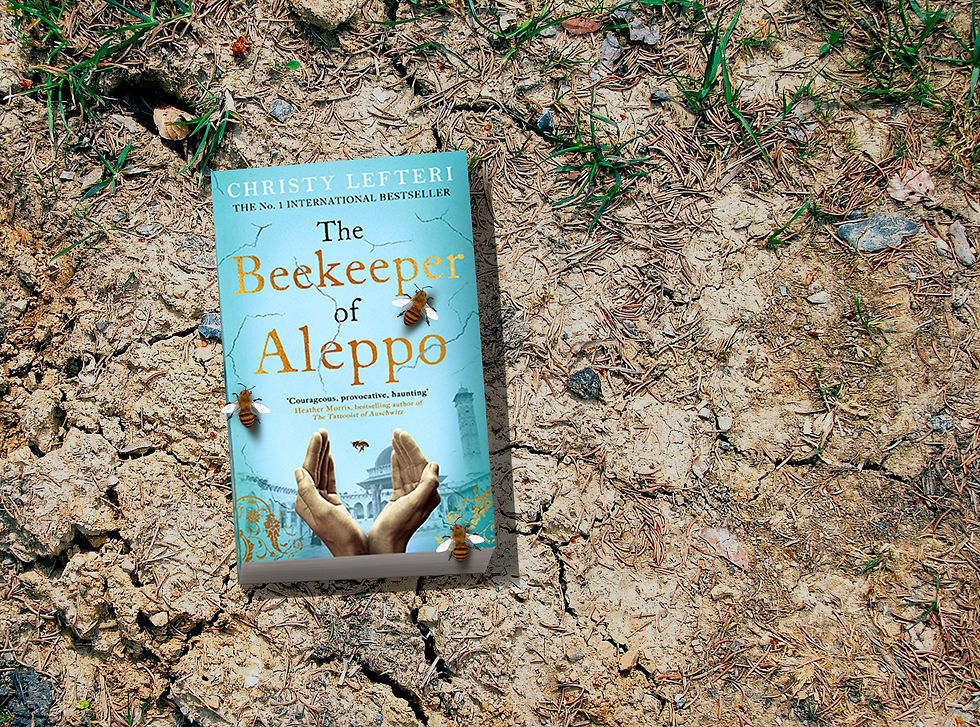Review 'Her Name is Mercie' by Chris Roy
- Dec 18, 2020
- 2 min read
Updated: Sep 16, 2021

Chris Roy’s Her Name is Mercie is a short story collection, the title of which refers to the titular character from the first of five stories. The first story, also titled Her Name is Mercie, occupies the majority of this work and could have existed well on its own apart from the rest. With the story containing only some minor unexpected twists and turns, what you can expect mostly is a thrilling chase that centralises action over plot and character development. With that purpose in mind, the story works splendidly: it keeps you on the edge of your seat, as if you’re watching a police chase on live television, and demands to be read in one sitting.
Apart from Her Name is Mercie, I could imagine the four short stories being told individually around a camp fire, flashlight under your chin. Whereas Libby’s Hands is a gruesome, disorientating horror tale, the concluding story Marsh Madness is a suspenseful thriller in which the tension cuts to the bone. Then there’s Hunger, a puzzling delirium that makes you question reality altogether.
The second story, Re-Pete, is a thriller which explores violence as part of human nature in correlation with the notion of a child’s innocence, in this case that of the young Pete. It centralises OCD, a result of Pete witnessing his father’s untimely death from up close, as the cause of his actions and thoughts. The title Re-Pete is a clever play on words that hints at Pete not stopping after a single, isolated act of revenge. The way Pete’s OCD manifests itself is chilling and leaves you wonder where, and mostly with who, he will stop.
In opposition to Her Name is Mercie, the four short stories are more atmospheric: not action but suspense is their driving force. Evoking feelings of tension and unease within the reader are central in conveying these stories. Some of this is achieved by actually revealing very little. Roy doesn’t overexplain his short stories but, instead, leaves a great deal to the reader’s imagination. Though this might be off-putting for readers who like well-rounded, closed stories, I would argue that the lack of closure in these stories is why they work so well: our imagination can be a scary instrument and oftentimes the things we imagine in our minds more successfully terrorise us than things written and explained on paper.
Readers might find themselves searching for the connecting factor between this collection of stories. For me, it’s that they’re all disquieting in their own way. Whereas Her Name is Mercie compares to an adrenaline rush, the short stories more effectively achieve a sense of unsettling tension in which the unknown, the unfamiliar, the unrecognisable, those things that we can’t wrap our minds around, have the potential to truly fright and haunt to the core.




Comments